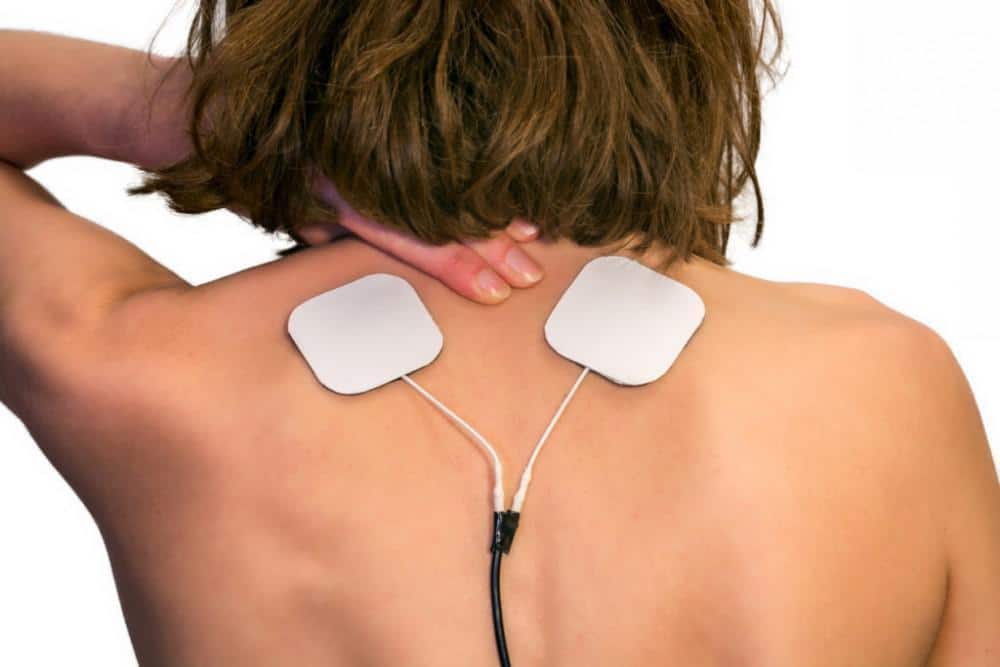When you have chronic pain in your back or neck, finding a treatment that works may seem impossible. Medications and physical therapy are both options, but they don’t always reduce your pain to a comfortable level. However, a spinal cord stimulator is a great option for permanent pain relief in some cases.
At Kellogg Brain and Spine, Dr. Jordi X. Kellogg and his team offer state-of-the-art treatments for both brain and spine conditions. Dr. Kellogg has years of experience treating chronic back and neck pain with spinal cord stimulation.
What is a spinal cord stimulator?
A spinal cord stimulator is a device that’s implanted in your epidural space that sends tiny electrical impulses to your spinal cord to relieve pain. There are many different brands of spinal cord stimulators, but most produce a slight tingling sensation, or paresthesia, in the treatment area.
The spinal cord stimulator consists of a generator, or battery, and electrodes. The electrodes are tunneled into the epidural space of your spine, which is between your spinal cord and vertebrae. The electrodes are connected to the generator, which allows them to produce the electrical impulses.
The stimulator is operated with a remote control that you carry with you. The remote allows you to turn on the impulses and control the intensity of the stimulation. Although spinal cord stimulators are implanted, they can be removed if needed.
6 indications for spinal cord stimulation
Spinal cord stimulation is an excellent treatment avenue for a number of issues that cause pain in your spine. Dr. Kellogg evaluates your pain and recommends spinal cord stimulation for the following conditions:
1. Back pain
If you suffer from intractable back pain that hasn’t been successfully relieved with other treatments, a spinal cord stimulator can help. This includes back pain accompanied by leg pain, or back pain alone.
2. Complex regional pain syndrome
This is a chronic condition that causes pain and swelling all over your body. Traditionally, it’s hard to treat, but spinal cord stimulation has the ability to reduce the pain brought on by this condition.
3. Peripheral neuropathy
This condition often happens in diabetics, but can occur for a number of other reasons, too. It’s a nerve condition that causes pain, numbness, tingling, and other uncomfortable symptoms in your legs or arms.
4. Arachnoiditis
This is a painful inflammation of the lining of your brain and spinal cord, called the arachnoid. Although it’s a very thin membrane, inflammation of the arachnoid leads to severe pain.
5. Post-surgical pain
Sometimes, your symptoms aren’t relieved after undergoing spine surgery. In this case, Dr. Kellogg often recommends spinal cord stimulation to get your pain under control.
6. Neck pain
Chronic neck pain is another condition that leads to intractable pain and sometimes nerve problems in your arms. If not relieved by other treatments, spinal cord stimulation is a great option for neck pain and arm pain.
Contraindications for spinal cord stimulation
Although spinal cord stimulation is a great option for many cases of chronic spine pain, there are limits when it comes to this form of treatment. Some of the reasons that spinal cord stimulation may be contraindicated include:
- Substance abuse problems
- Bleeding disorders
- Severe depression
- Psychiatric disorders
- Have a demand cardiac pacemaker
It also isn’t advised to have a spinal cord stimulator if you’re suffering from a systemic infection in your body. This could cause an infection at the site of implantation, which could cause an infection in your spine.
Ultimately, Dr. Kellogg helps you decide if this is a treatment route you’re willing to take. If used properly, spinal cord stimulation significantly decreases many cases of chronic back, leg, or neck pain.
If you’re tired of dealing with chronic pain in your back or legs, don’t hesitate to call one of our offices in Portland or Wilsonville, Oregon, to schedule a consultation. You can also request an appointment while you’re here on our website.


